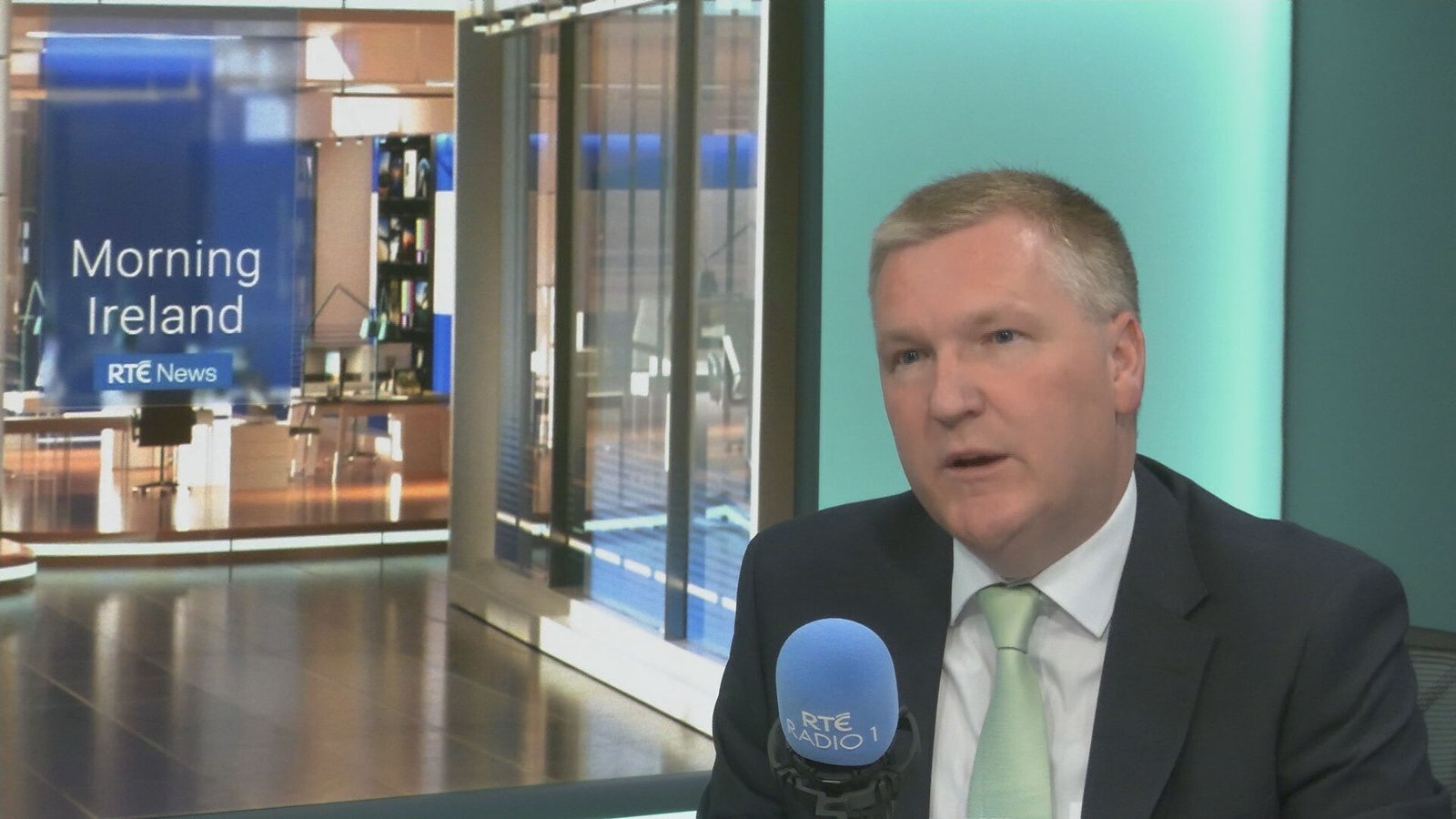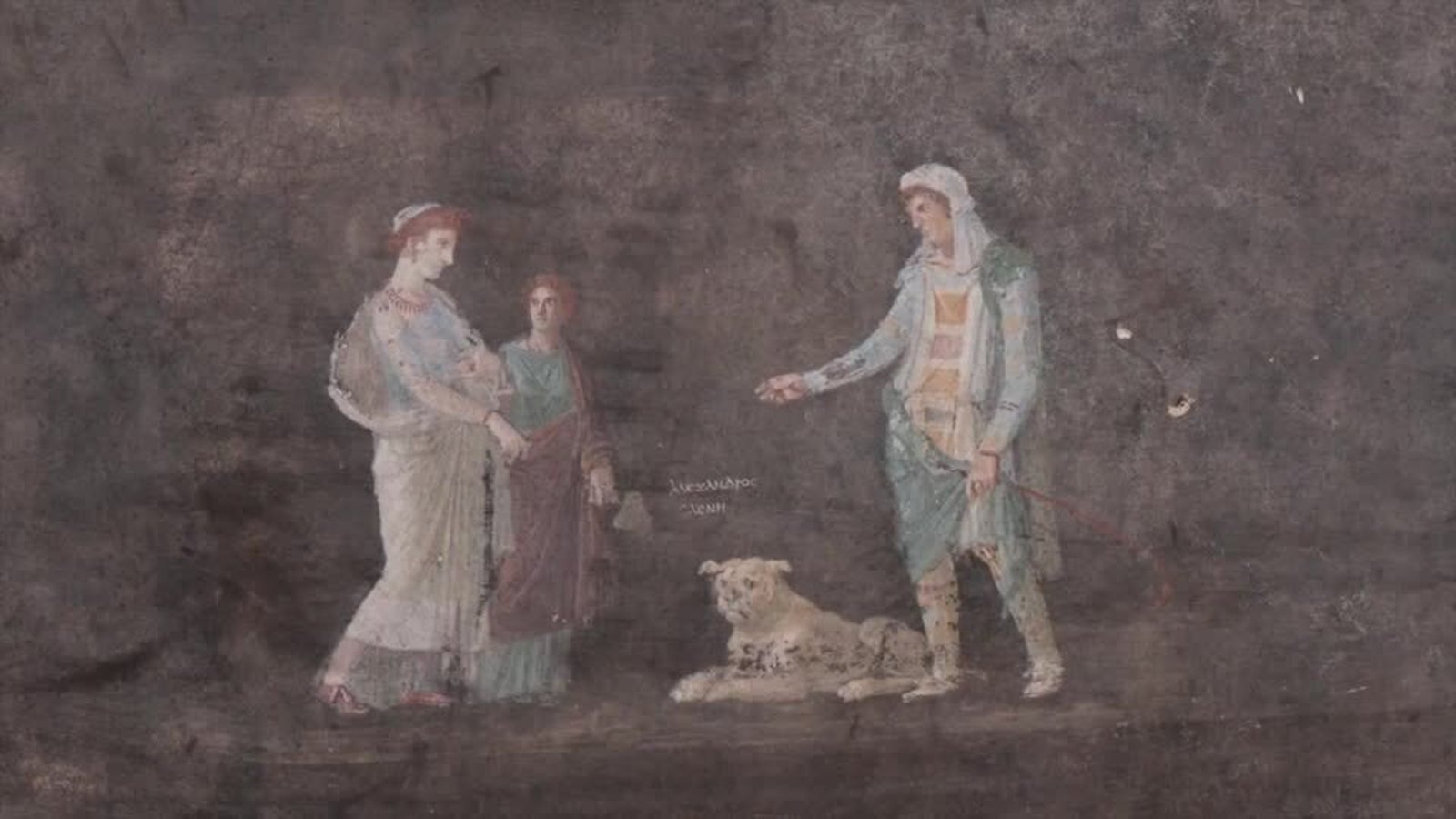EU to withdraw plan to reduce chemical pesticide use

A European Commission proposal to reduce the use of chemical pesticides in the European Union by 50% by 2030 is to be withdrawn by President Ursula von der Leyen.
Speaking in the European Parliament she said the plan “has become a symbol of polarisation”.
It has already been rejected by the European Parliament, Mrs Von der Leyen said, and has made no progress among members states at the European Council level either.
She described the Sustainable Use of Pesticide Regulation (SUR) proposal as “worthy” and said a new proposal could be made, but she intends to ask the commission to withdraw it in its current form.
Farming organisations across Europe had deep reservations about the proposal saying it would reduce crop yields by removing vital tools for protection and production.
There were also concerns that it would give producers in countries outside the EU who retained the use of pesticides a competitive advantage.
SUR had proposed a 50% reduction in the use of the pesticides by 2030 as well as stopping their use in or near sensitive areas such as parks, sports grounds and in urban areas.
Ms Von der Leyen’s announcement came in a speech updating the parliament on the conclusions of last week’s European Council meeting.
She said that farmers from across Europe – who “feel pushed into a corner” – took to the streets while that meeting was taking place and they deserve to be listened to.
She said they are worried about the future of agriculture and their future as farmers.
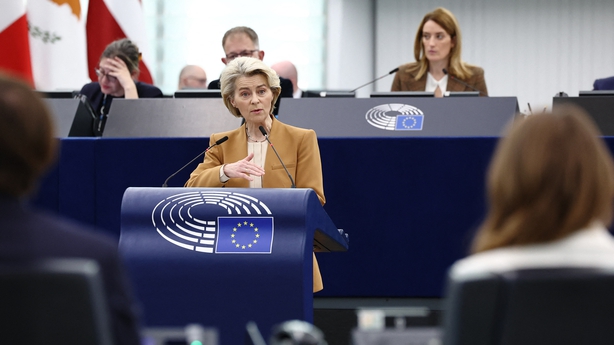
They also know that agriculture needs to move to a more sustainable model of production so that farms remain profitable in the future, she said.
Mrs Von der Leyen pointed out that 60% or 70% of soils in Europe are in poor condition, but nature conservation can only be successful through a bottom up and incentive-based approach.
The issue of pesticides is just one of a long list of grievances that have prompted a mass protest movement by EU farmers, who in recent weeks have used tractors to block key roads to complain of shrinking income and rising production costs.
With far-right and anti-establishment parties – which are predicted to make significant gains in June’s European elections – latching onto the farmers’ movement, the environment debate has turned politically explosive.
Last week, 1,300 tractors clogged the area around the EU summit in Brussels, forcing their revolt to the top of the leaders’ agenda and resulting in a number of other concessions, especially in France.
Protests are continuing, including in the Netherlands, while demonstrations were called for outside the European Parliament in Strasbourg.
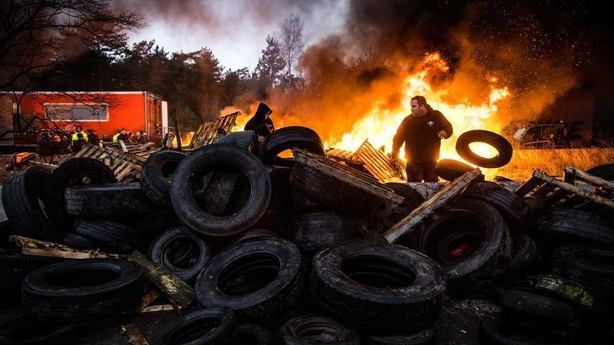
“Many of them feel pushed into a corner,” Ms Von der Leyen acknowledged, adding: “Our farmers deserve to be listened to.”
At the same time, though, she emphasised that European agriculture “needs to move to a more sustainable model of production” that was more environmentally friendly and less harmful to soil quality.
“Perhaps we have not made that case convincingly,” she said.
To get there, Ms Von der Leyen said “trust” had to be built between farmers and policymakers, and she pointed to consultative dialogue Brussels has started with a broad range of representatives in the agri-food sector.
She said that, while she wanted to withdraw the proposed law on pesticides, “the topic stays” even if “a different approach is needed”.
She suggested that the European Commission could come up with a revised legislative proposal at a later date – an initiative that would likely fall to the next commission resulting from EU elections taking place in June.
Ms Von der Leyen has not yet said whether she intends to seek a new mandate at the head of that commission.
Irish farmers welcome pesticide decision
Reacting to the announcement, Irish Farmers Association Grain Policy Executive Max Potterton said the decision is welcome.
“There was a lot of concern about the Sustainable Use of Pesticide Proposal,” he said.
“There were large cuts in pesticide proposed when it was launched. We need all of the tools currently available to remain competitive.
“The tillage sector already has a favourable environmental footprint, without access to plant protection products it will be impossible to grow the sector further.”
Mr Potterton said the damp climate in Ireland leads to high yields of high-quality grain but disease pressure is also high.
“Without access to these products we could have been looking at least a 15 to 20% cut in yields for wheat and barley and more for the potato crop.”
Mr Potteron also pointed out that pesticide use in Ireland is already declining under existing EU rules.
He said: “The level of all types of pesticide sold on the island of Ireland, not just those used by farmers has seen a significant drop in the last decade, close to a 50% reduction which would have met the headline target for Ireland.
“But it would have had a disproportionate effect on farmers, particularly tillage and vegetable farmers.”
Commission decision ‘harmful’ to farmers – PAN Europe
Pesticide Action Network (PAN) Europe described the withdrawal of the pesticide reduction proposal as a black day for health and biodiversity.
“The European Commission just took a decision that is harmful to farmers and their families, as the first victims of pesticide use,” the organisation said in a statement.
“Pesticide pollution is a huge problem that has to be tackled. It pollutes our waters, harms our health and destroys the biodiversity that we depend on. It destroys fertile soil and endangers food production in the long run.
“We have to move towards a healthy and sustainable form of agriculture quickly, doing nothing is not an option in the light of the biodiversity crisis we’re in. Thousands of scientists and millions of citizens have urged EU politicians to take urgent action,” said PAN Europe Executive Director and representative of the Save Bees and Farmers European Citizens Initiative Martin Dermine.
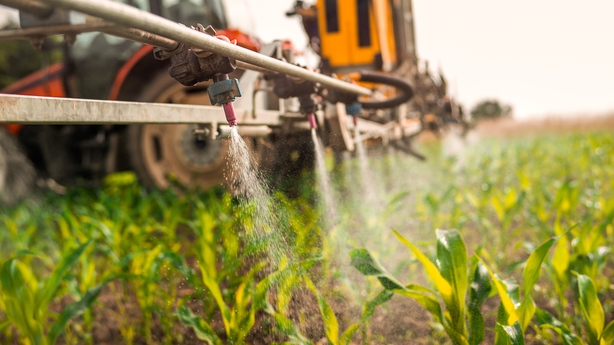
“Doing nothing is not an option. Not answering citizens’ demands goes against democracy and only favours agribusiness.”
“The Commission states that the SUR proposal has become ‘a symbol of polarisation’.
“However, the polarisation is the result of fake information spread by agribusiness to preserve a model that is detrimental to the farming community. Instead of listening to science and citizens’ demands, EU Member States have been favouring agribusiness interests.
“Ahead of the EU elections, PAN Europe considers that the withdrawal of the SUR proposal gives a very negative signal to citizens. Many farmers in Europe are already showing that ambitious pesticide reductions are possible, within the right framework to enable their transition and reward them for their work.
“The withdrawal of the SUR proposal fails farmers, by further delaying this urgently needed transition, and fails current and future generations.”




